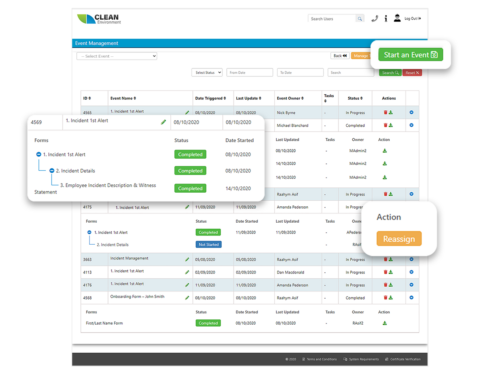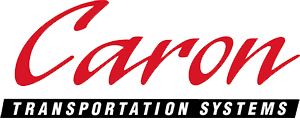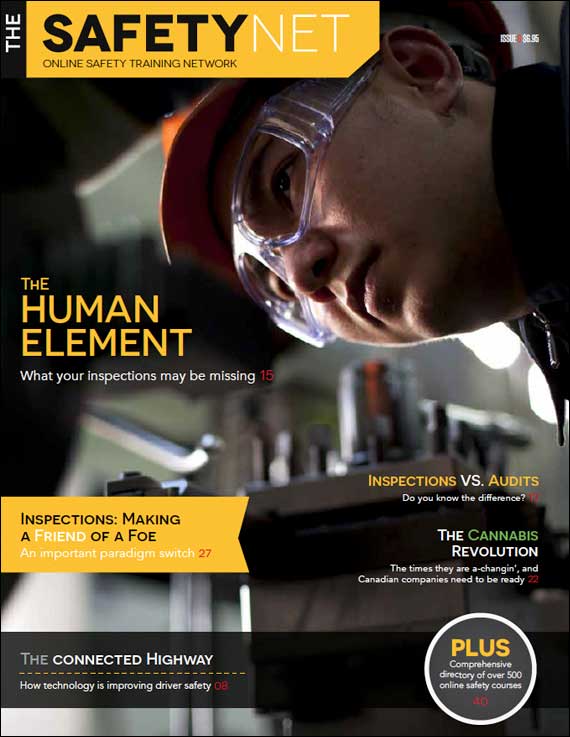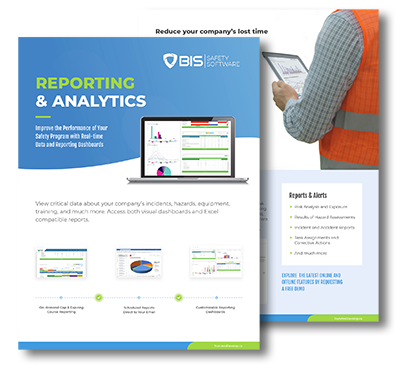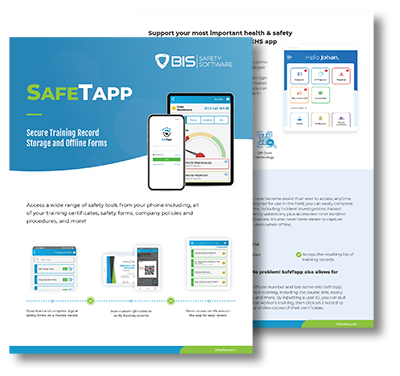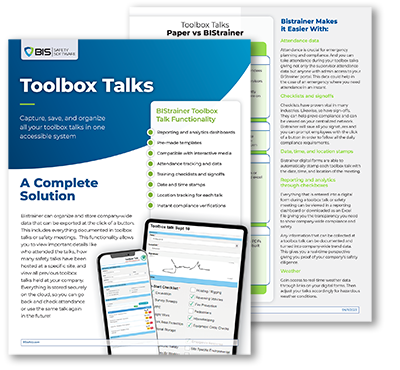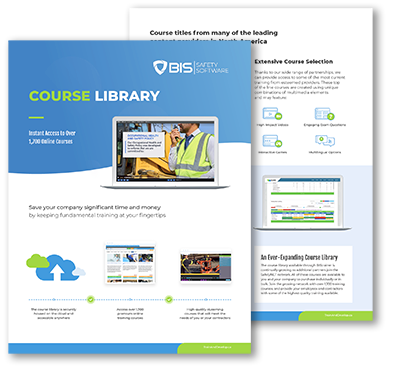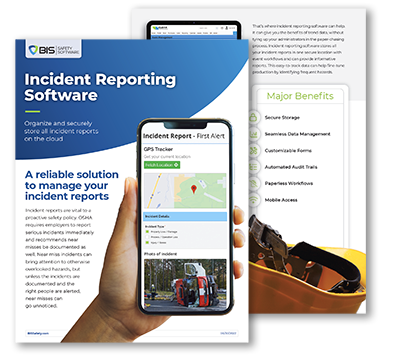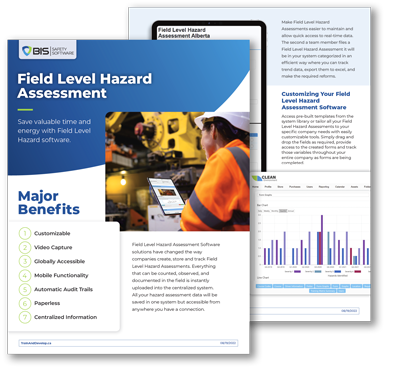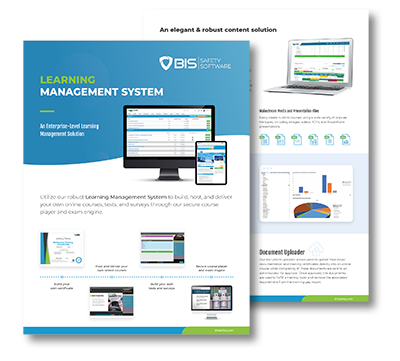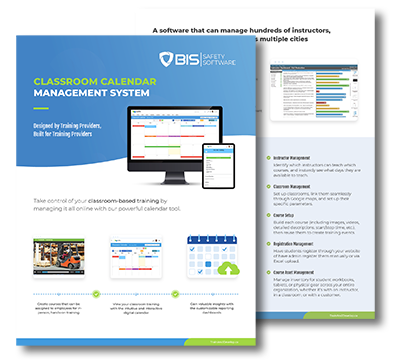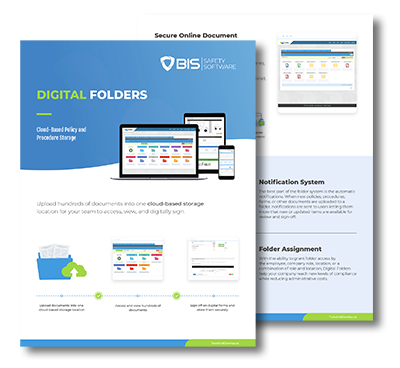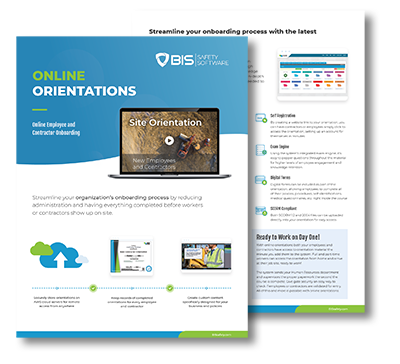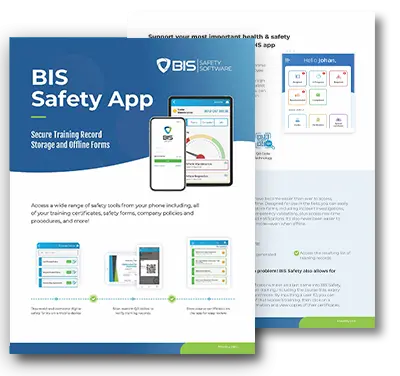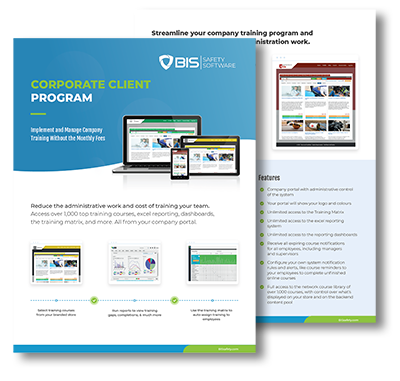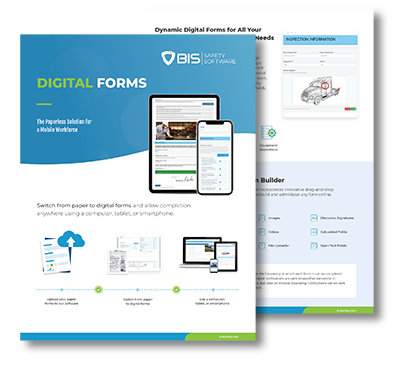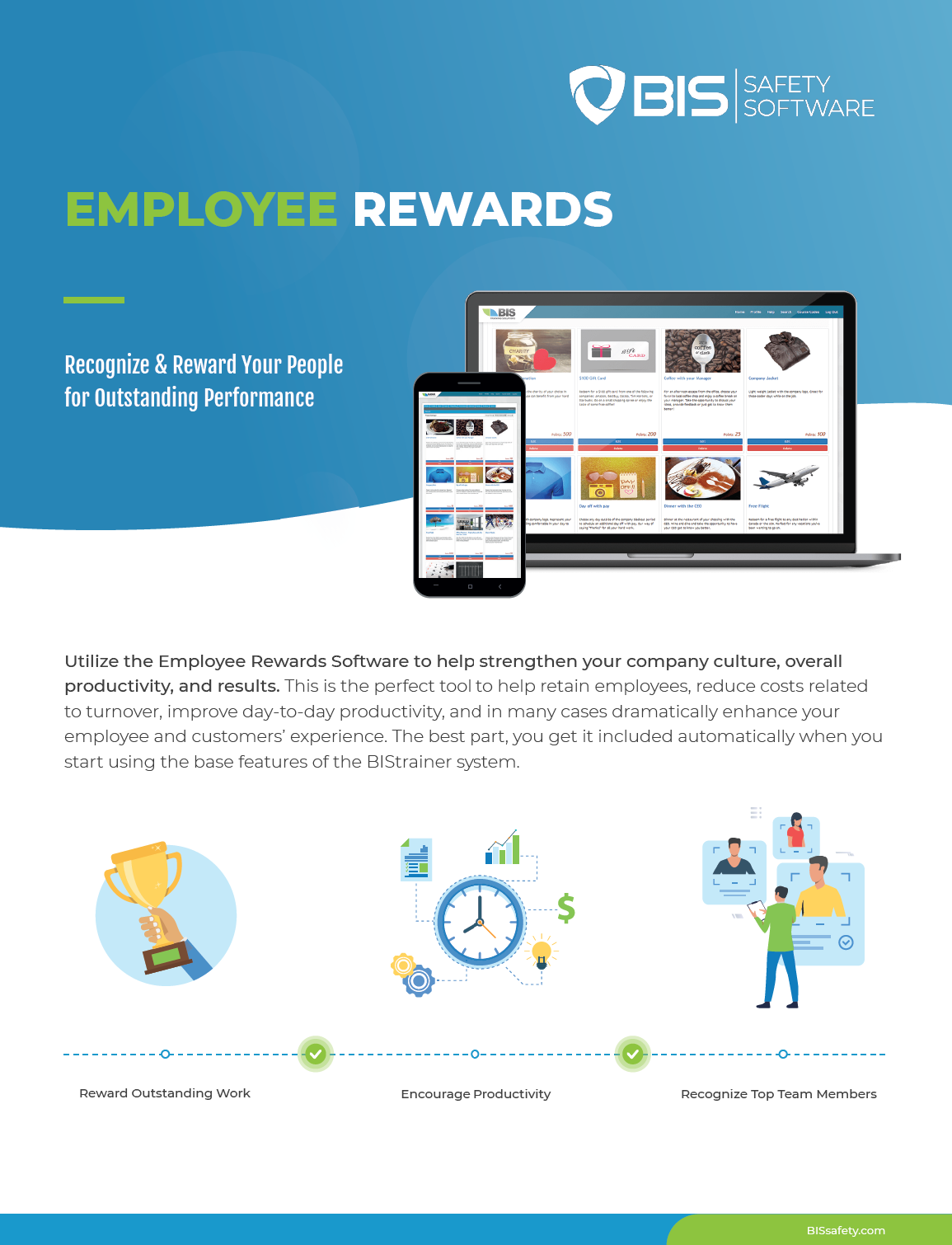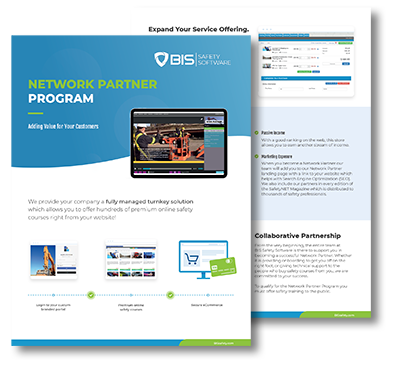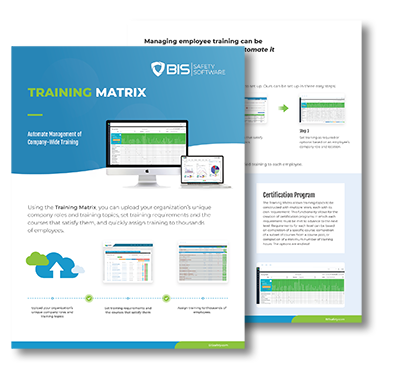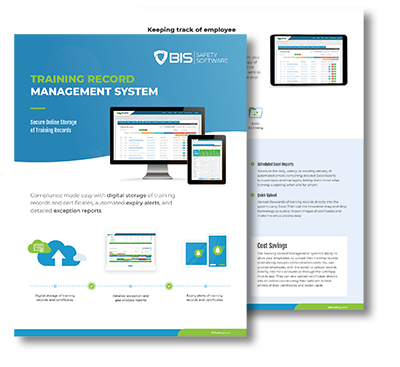Incident Management Software
EHS Incident Management Software
What exactly is an incident?
The term “incident” refers to any work-related event where an injury, illness, or fatality occurred or could have occurred, regardless of severity. The Bureau of Labor Statistics estimates nearly 3 million injuries and 4,500 deaths happen annually in U.S. workplaces.
OSHA requires employers to investigate all incidents, including near misses, to find root causes and prevent future events. Properly investigating all incidents, no matter the size, is crucial for employee safety. To prevent recurrence, safety professionals must focus on the causes and how to prevent them, rather than just what happened.
What is Safety Incident Management Software?
BIS Safety Incident Management Software is a powerful tool that lets organizations collect comprehensive incident data, create an accurate account of an event, identify root causes and learning points, implement corrective actions, and ensure proper incident notification up the chain of command. It provides a complete EHS incident management software solution because it was developed and enhanced by safety professionals, for safety professionals.
It won’t take long for the software’s many features to show you how effective an incident management system can be. With this solution, you can:
Track incidents and identify trends in the events
Understand why, when, and where incidents occur
Prevent, report, and resolve incidents
Easily provide updates to senior management
Protect your company and workplace
Access real time reporting and trending data
System Features and Benefits
Our highly skilled technical consultants deliver high-quality services, providing you the support you need to ensure your projects run smoothly.
Automated Investigation Workflow
Escalating
Email
Notifications
Mobile Compatibility
Manage Corrective Actions
Powerful Reporting & Analytics
Root Cause Analysis
LEARN MORE
Track All Types of Incidents
In this easy-to-use, cloud-based system, you can record detailed incident information including injuries, illnesses, near misses, hazard IDs, property damage, environmental releases, and other workplace events.
Attach documents, photos, files, links, and other relevant information for fast, centralized access and reference. Collect various pieces of incident data, including:
Witness statements and contact information
Location information
Photos of the scene and/or incident
Related documents and records
Company-specific questionnaires and checklists
Relevant environmental data
Conduct an Effective Root Cause Analysis
Track multiple potential reasons and sub-reasons for the incident. Then evaluate the collected evidence, information, and data to select the most fitting underlying cause to include in the incident report.

Take Advantage of Powerful Reporting & Analytic Tools
Pre-built reports allow you to instantly and accurately visualize your workplace safety performance across a wide range of indicators. Plus, you can create custom reports for greater visibility of critical incident metrics.
AI-Powered Digital Safety Forms
Simplify Safety Documentation with AI
Al-powered forms support efficiency by converting safety documents into digital, fillable forms. Upload inspections, checklists, or hazard reports, and create mobile-ready versions that workers can access in the field.
Forms can be created with a drag and drop builder to include checkboxes, signatures, dropdowns, or file upload options to capture images, videos and paperwork in the field. Workers can complete forms on any device, online or offline, completed forms sync as soon as the device is connected and dashboard reports updates, giving your managers clear visibility into hazards, audits, incidents, and safety inspections.
Digitize Safety Documents Like:
Vehicle Inspections
Site Inspections
Incident Reports
Safety Checklists
Manage Corrective Actions
- Quickly and easily perform in-depth incident investigations, risk assessments, and root cause analyses to help you create more effective corrective actions.
- Assign and track corrective actions from your desktop or mobile device.
- Set up escalating email notifications to ensure corrective actions are accurately completed on-time.

Easily Provide Updates to Senior Management
- Automatically notify all relevant parties (H&S staff, managers, etc.) once an incident report has been filed.
- Send incident summary reports to all designated parties within your organization.
- Trigger an automated investigation workflow and approval escalation process that moves through the appropriate chain of command for any employee(s) involved in the incident.
- Automatically generate and send assignment emails that allow the assignee(s) to access and update the incident record.
- Set reminders to run at different intervals before and after the assignment due date.
- Maintain a history of incident approvals and rejections, including approver comments.
Here are some tips for developing a successful Incident Management Program:
Develop a Written Incident Investigation Plan
Your incident investigation plan should identify and assign the following key roles and responsibilities:
- Who is in charge of the investigation?
- Who gathers physical evidence?
- Who will take notes and photographs?
- Who interviews witnesses and victims?
- Who will prepare the final report?
- Who needs copies of the final report?
- Who is responsible for implementing corrective action?
- And finally, who will notify management, OSHA, and outside agencies (fire, police, etc)?

Figuring out in advance who does what in the event of an incident will ensure that your response is quick, organized, and efficient should an incident occur.
Organize Your Incident Investigation Team
Keep your team organized to make sure that all members are properly trained in the necessary protocols and procedures before an incident or near miss occurs. It’s also a good idea to prepare an investigation kit and ensure that all employees, managers, and supervisors know where it is kept. Your incident investigation team should be comprised of employees, managers, supervisors, EHS professionals, and possibly the CEO! Having a good mix of roles on your team allows all key stakeholders to be aware of how a proper investigation is conducted and to be immediately notified when an incident happens.
Conduct the Investigation
Make sure your investigation is conducted in an efficient, logical manner. As a general rule of thumb, a well-conducted incident investigation should follow these four steps:
- Control the scene.
- Identify, collect, and label evidence. This can include taking photos of the scene, inspecting relevant equipment and machinery, and reviewing records from H&S and company training.
- Interview all witnesses.
- Determine the likely cause(s) of the incident, examples of which include a lack of training, defects in hazard controls, or faulty PPE.
Develop an Action Plan
After you conduct your investigation, the next step is to develop an action plan. Action plans identify and address the corrective steps required to prevent incidents from happening again. Examples of corrective steps include establishing more robust hazard controls or improving employee training.
Implement Corrective Actions
Even the best Incident Management Programs are ineffective if corrective actions are not taken. The goal of a corrective action is to address and eliminate the root cause(s) of an incident, and implementing the action plan helps you do that.
Learn Your Lessons
A major part of an efficient incident management strategy is learning from past incidents and communicating those lessons to everyone from the casual employee to the CEO.
Teaching employees what appropriate actions they need to take will help your company prevent:
- The recurrence of costly and deadly incidents
- Prolonged absences of key team members
- Future delays in product and service delivery to customers
- A negative company image or reputation
Finally, Retain Your Incident Records
Records of work-related incidents and near misses, including the incident investigation report and related records, should be documented and retained for at least five years. With BIS Safety Software’ Safety Incident Management Software, reports can be easily and conveniently retained and recovered indefinitely.
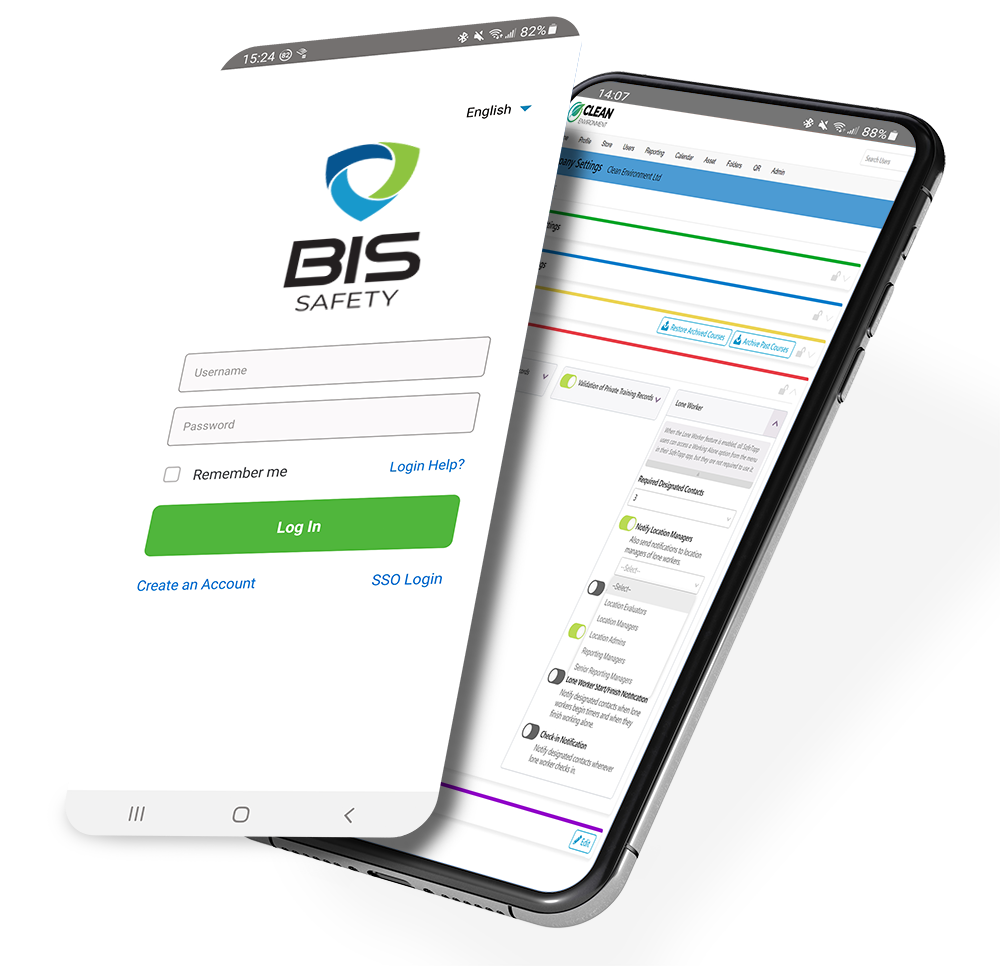
BIS Safety App
Produce Incident Reports On Demand
Accessing incident reports is now easier than ever with the BIS Safety Mobile App. Workers can download the app for free from the App Store and Google Play.
They simply download the app to their tablets or smartphones, enter their BIS Safety Software login information, and begin using BIS Safety’s exciting new features.
Efficient and Secure Incident Management
If Incident Management is a critical part of your industry, we can help you streamline and secure your processes today!


